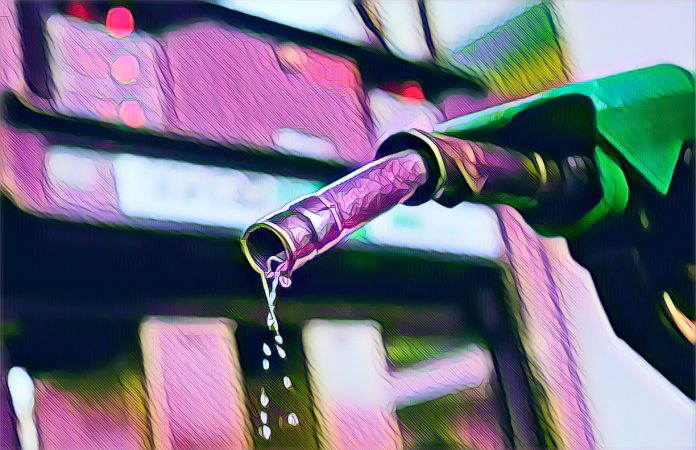Nigeria’s government has revealed that it has saved about N1.45 trillion between June and September 2023 by removing the subsidy on petrol, a controversial policy that has sparked protests and debates in the past. The subsidy, introduced in 2000 to keep the pump price of petrol low for consumers, was seen as a drain on the public finances and a source of corruption and smuggling.
According to the records of the Federation Accounts Allocation Committee (FAAC), which distributes revenues among the three tiers of government, the monthly contributions to the Non-Oil Revenue (Savings) account increased significantly after the subsidy removal. The account received N696.93 billion in June, N389.7 billion in July, N71 billion in August, and N289 billion in September.
President Bola Tinubu, sworn in as Nigeria’s new leader in May 2023, announced the end of the subsidy regime in his inaugural speech, saying that the savings would be used for intervention programmes benefiting families. He said that the subsidy was unproductive and only benefited smugglers and fraudsters and that the government had saved over a trillion naira in June and July alone.
However, some labour unions and civil society groups have questioned the government’s claim and demanded transparency and accountability in utilising the saved funds. They also expressed concern about the impact of the subsidy removal on the inflation rate, which reached a record high of 26.7% in September 2023, according to the National Bureau of Statistics. The rising cost of living has eroded the purchasing power of many Nigerians, especially the poor and vulnerable.
The government has acknowledged the challenges posed by the subsidy removal and said that it has provided funds to state governments to ease the policy’s effect on citizens. The Minister of Information and National Orientation, Mohammed Idris, said the government had also embarked on massive infrastructure projects, such as rail lines, roads, bridges, and power plants, to stimulate economic growth and create jobs. He said that the government was committed to ensuring the safety and welfare of Nigerians.
The subsidy removal is part of the government’s efforts to reform the oil and gas sector, which accounts for about 90% of Nigeria’s foreign exchange earnings and 60% of its fiscal revenues. The government has also passed the Petroleum Industry Act (PIA) 2023, which aims to overhaul the legal and regulatory framework of the sector and attract more investment. The PIA also provides for establishing a host community trust fund, which will allocate 3% of the operating expenses of oil companies to the development of oil-producing areas.
The subsidy removal and the PIA are expected to have long-term benefits for Nigeria’s economy and society, but they also pose short-term challenges and risks. The government will need to manage public expectations and reactions, as well as ensure effective implementation and monitoring of the policies. The government must also diversify the economy and reduce its dependence on oil revenues, vulnerable to global market fluctuations and environmental shocks. By addressing these issues and drawing lessons from domestic and international experiences, Nigeria can navigate the complexities of subsidy removal and the PIA and work towards a prosperous and sustainable future.
Source: Businessday NG



